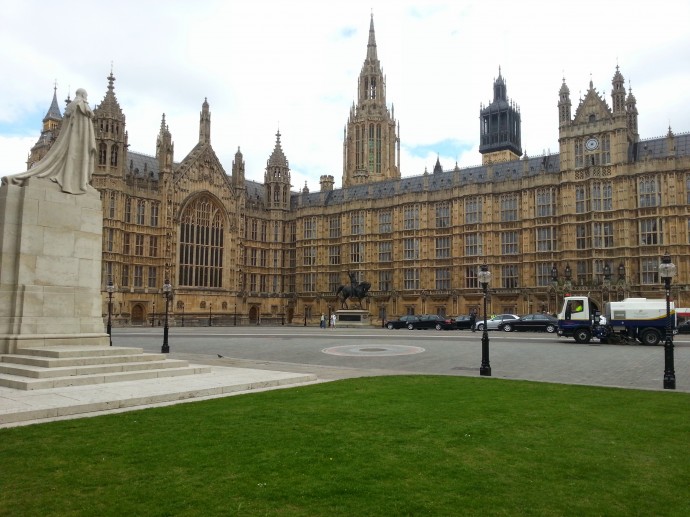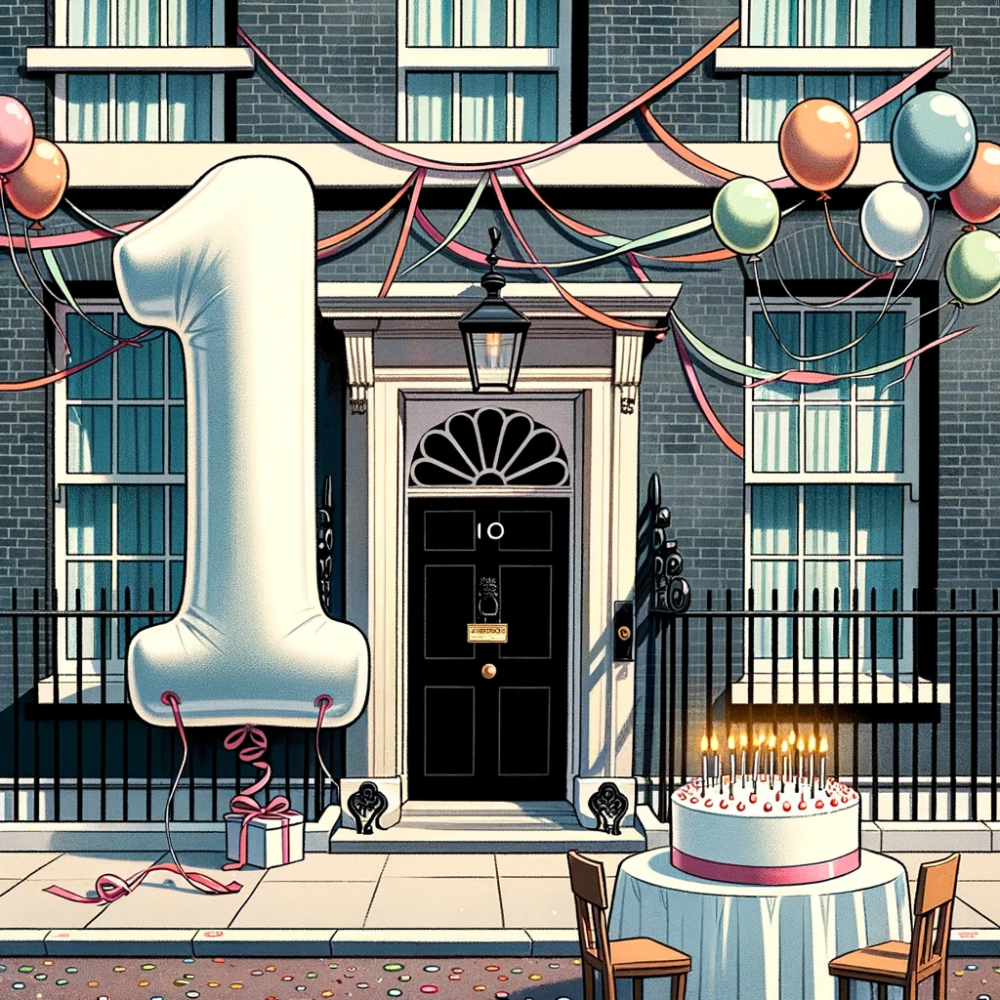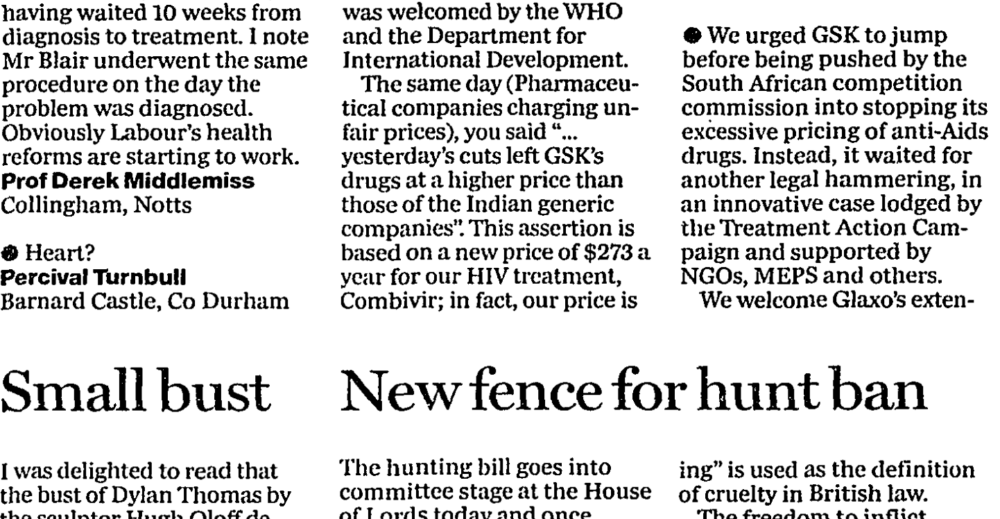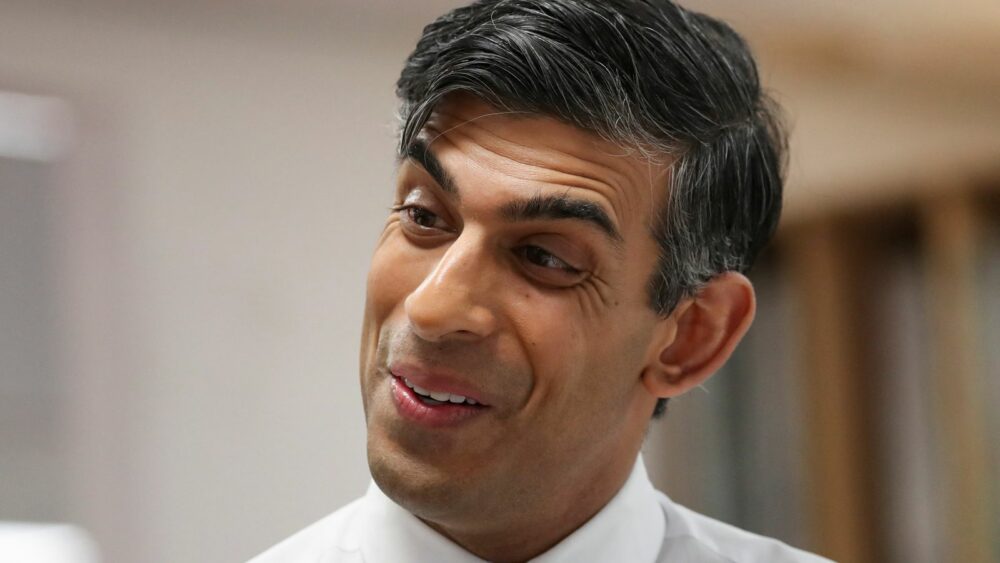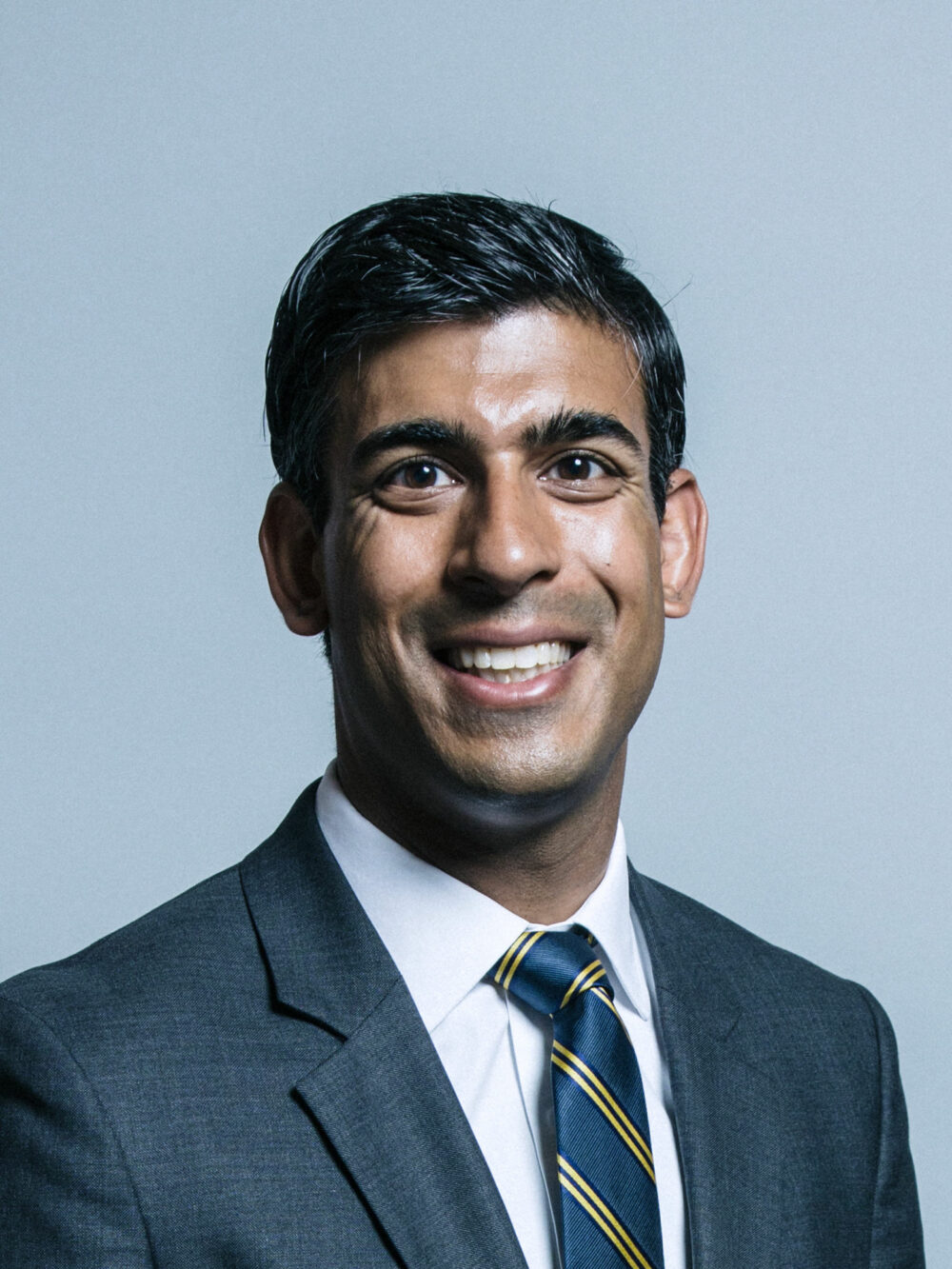Undelivered

Rishi Sunak claimed yesterday:
This King’s Speech delivers change. Change in our economy. Change in our society. Change in our communities.
It doesn’t, though, does it?
The only thing ‘delivered’ was a speech, once in a ceremonial pouch and once verbally from a throne.
There was precisely no difference in our economy, society or communities after the speech compared to before it. We can argue all day about whether the speech discussed meaningful change in those areas, but nobody—nobody—can credibly claim that it delivered any change whatsoever.
Rishi Sunak appears to use ‘deliver’ as a synonym for ‘talk about.’
Once this is understood, a whole load of puzzling pronouncements suddenly make sense. Take this from the Government’s briefing on the King’s speech:
Integrity, professionalism, accountability. That’s what I promised when I stood on the steps of Downing Street just over a year ago – and that’s what we have delivered.
Read ‘talked about’ for ‘delivered’, and this is a far less disorienting description. It’s a similar story for this section of his recent conference speech:
I have seen up close the quality of our Armed Forces and intelligence services. Truly, the finest in the world. The debt of gratitude we owe them is why we are making this the best place to be a veteran. I know we will deliver because we have a minister for veterans affairs sitting in Cabinet.
We ought to parse this as ‘I know we will talk about this because I’ve appointed someone to talk about it.’
It’s maybe churlish to point out that the Government’s own guidance says that the word ‘deliver’ ought to be avoided as insufficiently clear:
Use ‘make’, ‘create’, ‘provide’ or a more specific term (pizzas, post and services are delivered – not abstract concepts like improvements)
But at least the Prime Minister has helped us understand his idiosyncratic use of the word.
The image at the top of this post was generated by DALL·E 3.
This post was filed under: News and Comment, Politics, Post-a-day 2023, Rishi Sunak.
